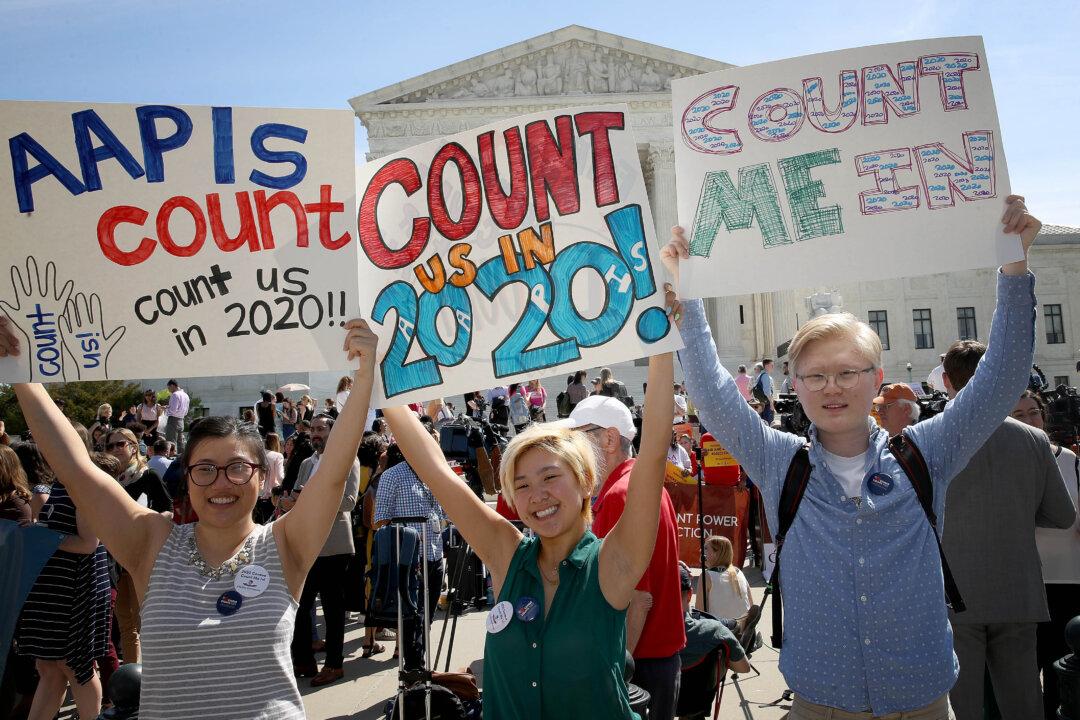Commentary
The Supreme Court will begin to hear arguments on April 23 on whether the Trump administration should be allowed to include a question about citizenship status on the 2020 Census.


The Supreme Court will begin to hear arguments on April 23 on whether the Trump administration should be allowed to include a question about citizenship status on the 2020 Census.